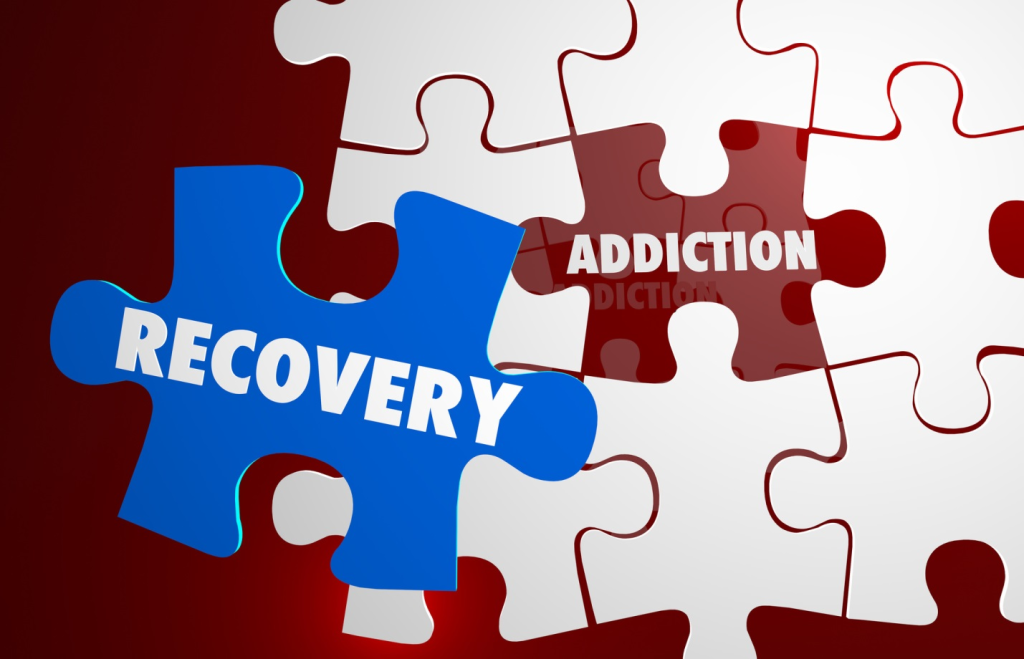
In the journey towards recovery, recognizing the need for help is a powerful step. If you or someone you know is struggling with addiction, calling an addiction hotline can be a crucial and empowering decision. This article aims to guide you through the process, highlighting the importance of seeking help and providing insights into what to expect when you make that call.
Understanding the Stigma
Acknowledging that addiction is a challenge is the first step in overcoming it. Unfortunately, societal stigma often prevents individuals from seeking the support they desperately need. It’s essential to recognize that asking for help is a sign of strength, not weakness. By calling an Addiction Hotline, you are taking control of your situation and actively seeking a healthier, more fulfilling life.
Breaking Down Barriers
One of the main barriers preventing people from seeking help is the fear of judgment. Addiction hotlines, however, are staffed with compassionate and trained professionals who are there to provide support without passing judgment. They understand the complexities of addiction and approach each call with empathy, ensuring a safe and non-judgmental space for you to share your concerns.
The Confidentiality Commitment
Privacy is a genuine concern for many individuals contemplating calling an addiction hotline. It’s important to know that these hotlines operate under strict confidentiality guidelines. Your personal information will be kept confidential, allowing you to speak openly and honestly about your situation. This commitment to privacy is a cornerstone of addiction hotlines, fostering an environment where you can feel secure in seeking help.
The First Step: Dialing the Hotline
Making the decision to call an addiction hotline can be intimidating, but remember, it’s a brave and empowering choice. When you dial the hotline number, you’ll be connected to a trained professional who is ready to listen. Take a deep breath, and at your own pace, share your concerns, questions, or fears. These professionals are there to provide support, information, and guidance tailored to your unique situation.
Active Listening and Supportive Guidance
During the call, you can expect the hotline staff to actively listen to your story. They may ask questions to better understand your situation, emotions, and needs. This process helps them provide personalized support and guidance. Whether you’re reaching out for yourself or someone you care about, the hotline staff is trained to offer non-judgmental assistance, helping you navigate the complexities of addiction.
Resource and Referral Assistance
Addiction hotlines are not just a listening ear; they are valuable resources equipped to provide information and referrals. Whether you need information about local treatment centers, support groups, or counseling services, the hotline staff can connect you with the resources that align with your needs and preferences. This step is crucial in creating a roadmap for your journey towards recovery.
Continued Support
Calling an addiction hotline is not a one-time event. These hotlines offer ongoing support, often connecting individuals with follow-up resources or additional counseling options. The journey to recovery is a process, and having a support system in place can make a significant difference in maintaining progress and overcoming challenges.
Conclusion: Taking the First Step Towards a Healthier Tomorrow
Empowering yourself to call an addiction hotline is a pivotal moment in the path towards recovery. By breaking through the barriers of stigma and fear, you are actively taking control of your well-being. Remember that you are not alone, and help is available. The decision to make that call is a courageous one, leading you towards a future where healing, growth, and positive change are possible.
